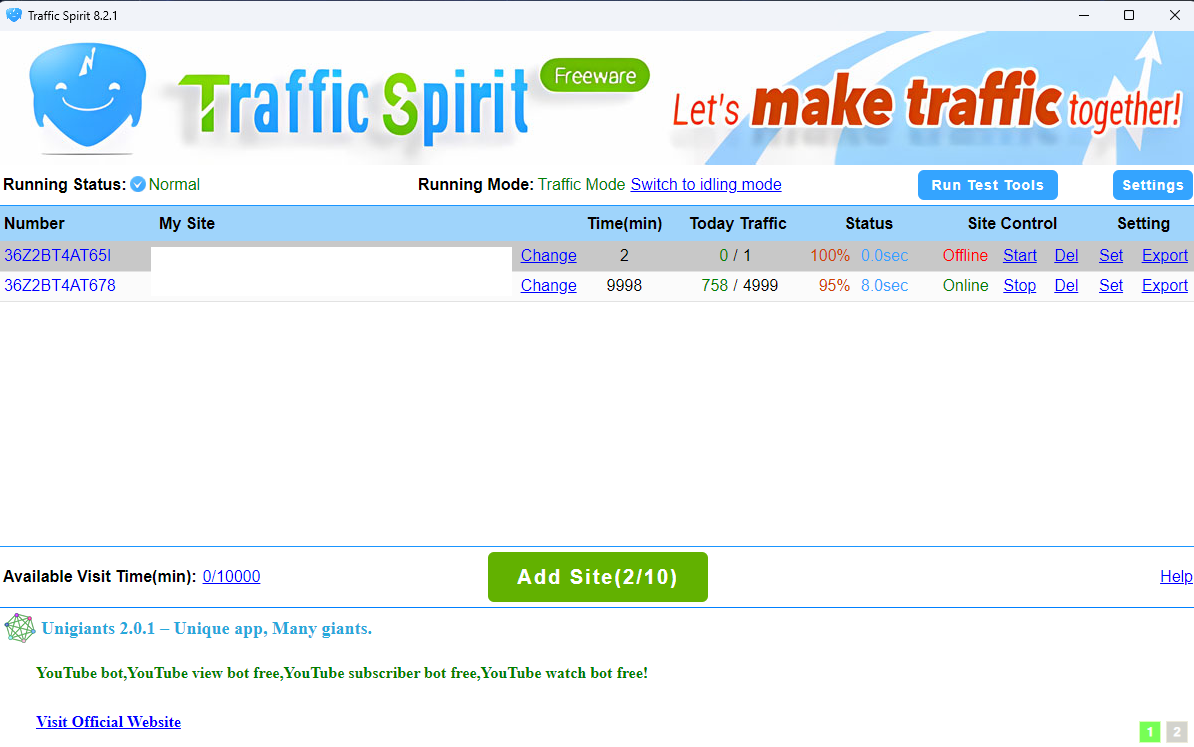How to Get Organic Traffic For AdSense Approval
As a blogger or website owner, one of your primary goals is to generate traffic to your site. However, not all traffic is created equal, and for those who are looking to monetize their website through AdSense, organic traffic is essential. In this article, I will share with you how to get organic traffic for AdSense approval.
Understanding the Importance of Organic Traffic for AdSense Approval
AdSense is a popular program that allows website owners to earn money by displaying ads on their site. However, before you can start earning, you need to be approved by AdSense. One of the key requirements for approval is having a significant amount of organic traffic to your site.
Organic traffic refers to the visitors who come to your site through search engines like Google, Bing, or Yahoo. These visitors are searching for specific keywords or phrases that are relevant to your site and ultimately end up on your page. Organic traffic is important because it shows that your content is valuable and relevant to your target audience.
Common Misconceptions About Organic Traffic
Before we dive into ways to generate organic traffic, let’s clear up some common misconceptions. Firstly, there’s no quick fix to getting organic traffic. It takes time, effort, and patience to build up a significant amount of organic traffic to your website. Secondly, there’s no one-size-fits-all approach to generating organic traffic. What works for one website may not work for another. And thirdly, organic traffic isn’t the only factor that AdSense considers for approval. However, it is one of the most important, so it’s worth focusing on.
Ways to Generate Organic Traffic for Your Website
Now that we’ve covered the importance of organic traffic let’s look at some ways to generate it.
Importance of Keyword Research in Generating Organic Traffic
Keyword research is the foundation of any successful SEO strategy. It involves identifying the keywords and phrases that your target audience is searching for and strategically incorporating them into your content. By doing so, you can increase your chances of ranking higher on search engine results pages (SERPs) and attracting organic traffic to your site.
When conducting keyword research, it’s important to focus on long-tail keywords. These are longer, more specific phrases that are easier to rank for than broad keywords. For example, “how to get organic traffic for a website” is a long-tail keyword, while “organic traffic” is a broad keyword.
Optimizing Your Website for Search Engines
Once you’ve identified your target keywords, it’s time to optimize your website for search engines. This involves making changes to your website to make it more appealing to search engines, such as improving your site speed, fixing broken links, and optimizing your images.
Another essential element of on-page optimization is creating meta titles and descriptions for your pages. These are the snippets that appear on SERPs and give users an idea of what your page is about. By creating compelling titles and descriptions that include your target keywords, you can increase your click-through rate and attract more organic traffic to your site.
Creating High-Quality Content to Attract Organic Traffic
Content is king when it comes to attracting organic traffic. High-quality, engaging content that provides value to your target audience is essential if you want to rank well on SERPs and attract organic traffic to your site.
When creating content, it’s important to focus on relevance and quality. Make sure your content is relevant to your target audience and provides them with valuable information. Use your target keywords strategically, but avoid keyword stuffing, which can negatively impact your ranking.
Promoting Your Website Through Social Media and Other Channels
Social media can be a powerful tool for driving organic traffic to your website. By promoting your content on social media platforms like Facebook, Twitter, and LinkedIn, you can reach a wider audience and attract more traffic to your site.
Other channels you can use to promote your website include email marketing, guest blogging, and influencer marketing. However, remember that the key is to focus on quality over quantity. It’s better to have a smaller audience that is engaged and interested in your content than a larger audience that doesn’t care.
Analyzing and Monitoring Your Website’s Traffic
Finally, it’s essential to analyze and monitor your website’s traffic to see what’s working and what’s not. Tools like Google Analytics can provide you with valuable insights into your website’s traffic, including where your traffic is coming from, which pages are the most popular, and how long users are staying on your site.
By regularly monitoring your website’s traffic, you can identify areas for improvement and make changes to your SEO strategy accordingly.
Other Tips for Increasing Organic Traffic
Here are some additional tips for increasing organic traffic to your website:
- Use internal linking to make it easier for users to navigate your site
- Make sure your website is mobile-friendly
- Use alt tags to describe your images
- Include social sharing buttons on your content
- Participate in online communities related to your niche
Conclusion and Next Steps for AdSense Approval
Generating organic traffic takes time and effort, but it’s essential if you want to get AdSense approval and monetize your website. By focusing on keyword research, on-page optimization, high-quality content, and promotion through social media and other channels, you can attract more organic traffic to your site. Remember to analyze and monitor your website’s traffic regularly to see what’s working and what’s not.
IPTS Traffic Software 100% Free

PASSWORD: ipts123


